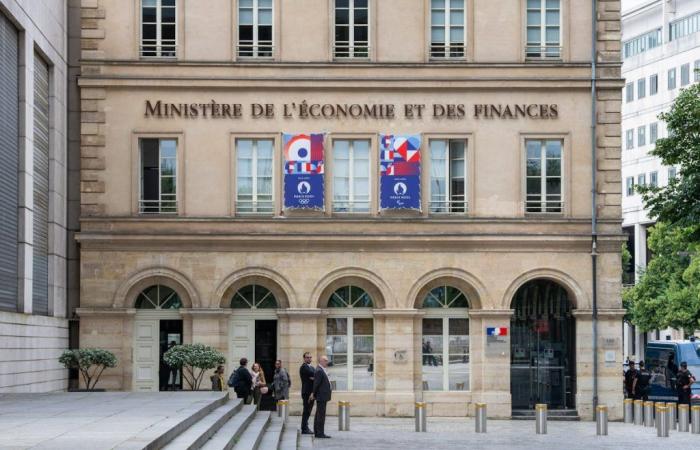Will the majority resulting from the legislative elections of June 30 and July 7, within the framework of a policy of budgetary rigor, bring an end to the indexation on inflation of basic pensions, those paid by the Social security, as well as various social benefits, such as active solidarity income (RSA), the allowance for disabled adults (ASS) or the specific solidarity allowance (ASS)? Emmanuel Macron denied any desire to call into question the indexation of pensions to inflation, in his press conference of June 12. “I have heard a lot of rumors recently, I will be very clear, pensions will be well indexed to inflation, the purchasing power of retirees, this is not an adjustment variable for us”indicated the Head of State, three days after announcing the dissolution of the National Assembly.
A competitor to the centrist bloc (Together for the Republic), the National Rally (RN, far right) also promises to maintain the indexation of pensions to price developments. The New Popular Front, bringing together La France insoumise (LFI), the Socialist Party (PS), The Ecologists and the French Communist Party (PCF), is in favor of an indexation of the “amount of pensions on salaries”, according to his program. Such a measure must have repercussions on pensions, the left alliance also proposing an increase in the interprofessional minimum wage for growth (Smic) to €1,600 net and the reestablishment of the sliding salary scale. The New Popular Front is also committed to an increase in “contributory minimum (retirement pension for a full career) at the minimum wage level” and the solidarity allowance for the elderly (Aspa, former minimum old age) “at the poverty line”or €1,158 for a single person in 2021.
A revaluation rule provided for by law
In an article published on June 24, the Foundation for Research on Administrations and Public Policies (iFrap Foundation), assesses the cost of automatic inflation indexation of pensions and other social benefits as well as the potential savings which may result from frost.
Holding back “600 billion in general system benefits in 2024, 43% of which are directly indexed to prices, annual inflation of 2% between 2025 and 2027 is equivalent to 15.8 billion euros in automatic increase in benefits”writes this activist think tank advocating a reduction in public spending.
But the application of the revaluation rule, provided for by law, is not systematic. “For example, in 2019, the revaluation of basic pensions was set at 0.3% […], without taking into account price developments. Minimum pensions – contributory and guaranteed – have been increased under the same conditions as retirement pensions”recalls the iFrap Foundation.
On January 1, 2020, if pensions not exceeding €2,000 gross per month have increased by 1% (like past inflation), “higher pensions were only 0.3% higher”. The iFrap Foundation further recalls that “social minimums are not systematically reevaluated despite the rule”doing “sometimes the subject of exceptional catch-up measures”. Reversely, “ helping hands »i.e. increases beyond inflation, could be given.
Possible savings of more than 2 billion euros for social assistance…
Ifrap calculates potential savings by focusing first on RSA, AAH and Aspa. Assuming a stable number of RSA beneficiaries and an increase in the number of AAH and Aspa holders “in line with the average of the last five years (respectively 2% and 5% per year)”savings can reach 567 million euros in 2025. “If we extend this calculation by applying a freeze in value to all means-tested social assistance, we can estimate the savings achievable by 2025 at 2.3 billion euros”specifies the circle of reflection.
…and 5.7 billion euros for direct pensions and survivorships
With regard to Social Security pensions, a freeze on the evolution of direct pensions and survivor’s pensions could allow savings of 5.7 billion euros, according to the iFrap foundation. The reflection circle is considering a hypothesis allowing for lower savings, “a postponement of indexation until October 1” rather than January 1st. Another option for the future majority?
The authors do not estimate the various consequences induced by the deindexation or the postponement of the indexation of different social assistance and pensions. First and foremost, a loss of purchasing power, an increase in poverty and integration difficulties as well as damage to consumption and economic growth.
Application of an article of the Social Security Code
The annual revaluation of pensions and various benefits based on inflation is based on the application of article L. 161-25 of the Social Security Code. This increase “is carried out on the basis of a coefficient equal to the evolution of the annual average of consumer prices, excluding tobacco, calculated on the last twelve monthly indices of these prices published by the National Institute of Statistics and Studies economic [Insee] the penultimate month preceding the revaluation date”.






